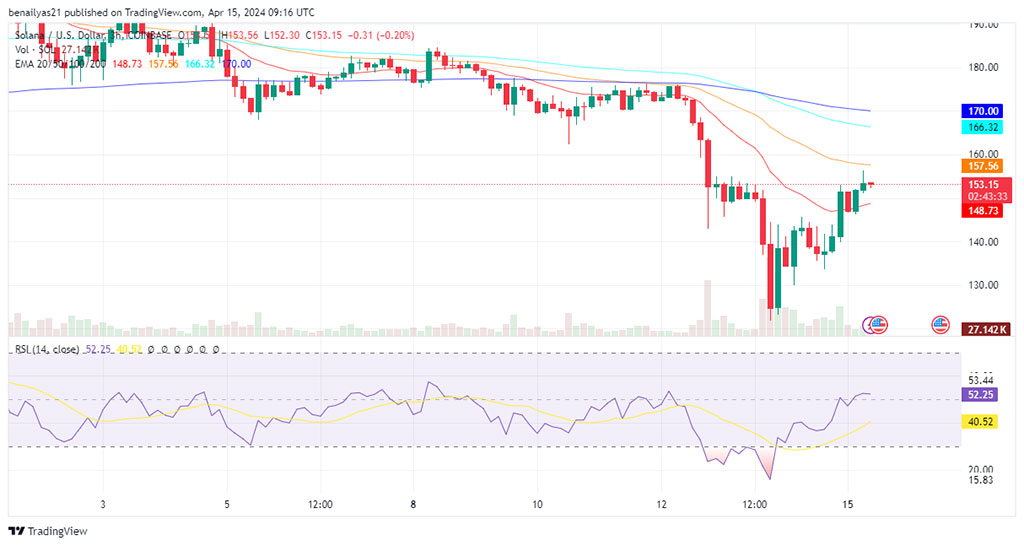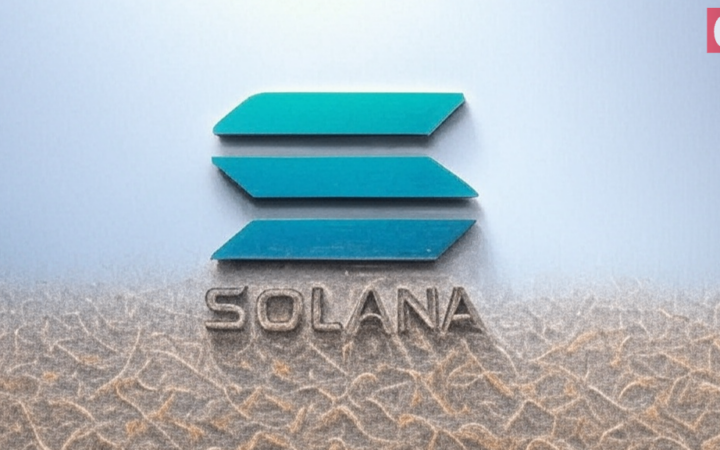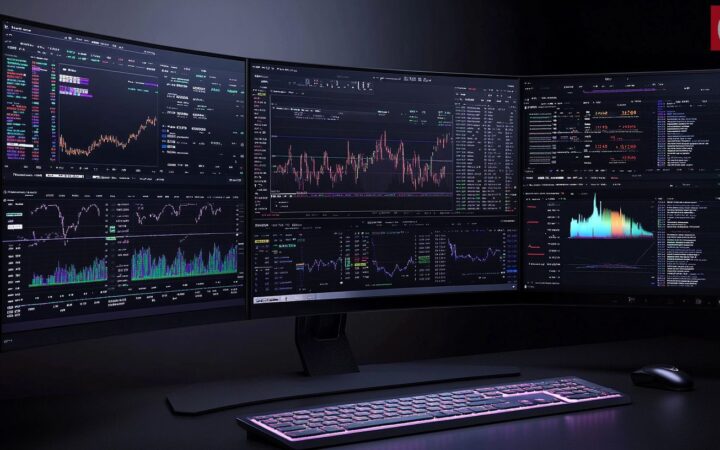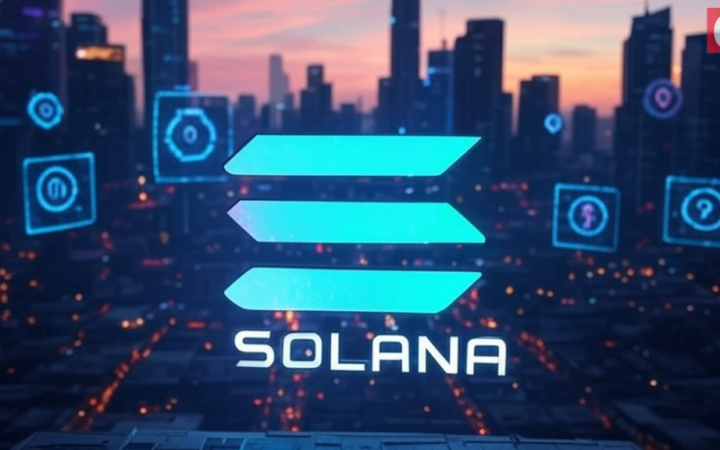
With over 3 years of crypto writing experience, Bena strives to make crypto, blockchain, Web3, and fintech accessible to all. Beyond cryptocurrencies, Bena also enjoys reading books in her spare time.
The new feature called stake-weighted quality of service (SWQOS) prioritizes 80% of connections for staked validators to improve transaction efficiency.
 Edited by Julia Sakovich
Updated
3 mins read
Edited by Julia Sakovich
Updated
3 mins read

Solana, the high-speed blockchain platform famous for its affordable transaction fees, has made a significant move to deal with network congestion problems. On April 15, 2024, Anza, a branch of Solana Labs, revealed the launch of the initial mainnet update to address this issue.
The update, version 1.17.31, facilitates transactions from staked validators through a new feature called Stake-Weighted Quality of Service (SWQOS). In essence, validators who have committed SOL tokens to the network (staking) will benefit from swifter and more reliable transaction processing.
SWQOS allows block producers to spot and focus on transactions passing through staked validators – adding an extra layer against faking identities. This feature also allows block producers to identify and give priority to dealings channeled via staked validators as an added security measure to stop sybil attacks.
Tim Garcia, the validator relations lead at the Solana Foundation, clarifies SWQOS as a networking approach that enables prioritizing certain data transmissions or connections for enhanced reliability and performance. Currently, 80% of the network’s capacity is designated for these prioritized transactions.
While this update signifies progress, it is crucial to recognize its constraints. Anza highlights that the impact of SWQOS is likely to amplify as more users adopt it. However, unstaked transactions, accounting for the remaining 20% of network traffic, may not experience substantial improvement yet.
A core developer of Anza, Trent.sol, said there’s a need for careful implementation and recommends validators upgrade when less than 5% of staked funds are offline and closely monitor their nodes after updating.
The update is the “first round” of congestion fixes, according to Rex St. John from Anza. Further improvements are scheduled for the upcoming v1.18 release. The detailed notes on GitHub outline technical specifics, including changes to how staked and unstaked data packets are handled, alongside optimizations to the vital BankingStage Forwarding Filter for network efficiency.
Solana’s capability to process high transaction volumes has been a point of contention. Contrary to other blockchains, Solana lacks a traditional mempool, a temporary storage area for pending transactions. Though enabling faster processing, this upgrade can result in network congestion during periods of high activity.
The release of version 1.17.31 signifies a pivotal moment for Solana. The successful implementation of this update, combined with future improvement, will play a crucial role in restoring user confidence and solidifying Solana’s position as a viable platform for decentralized applications (dApps).

Photo: TradingView
According to TradingView, SOL is currently trading at the price of $153 with a market capitalization of $68 billion. Following the Network congestion issue, the SOL faced a slight dip of 0.20% in the last 24 hours and declined over 14% in the last 7 days.
Disclaimer: Coinspeaker is committed to providing unbiased and transparent reporting. This article aims to deliver accurate and timely information but should not be taken as financial or investment advice. Since market conditions can change rapidly, we encourage you to verify information on your own and consult with a professional before making any decisions based on this content.

With over 3 years of crypto writing experience, Bena strives to make crypto, blockchain, Web3, and fintech accessible to all. Beyond cryptocurrencies, Bena also enjoys reading books in her spare time.





